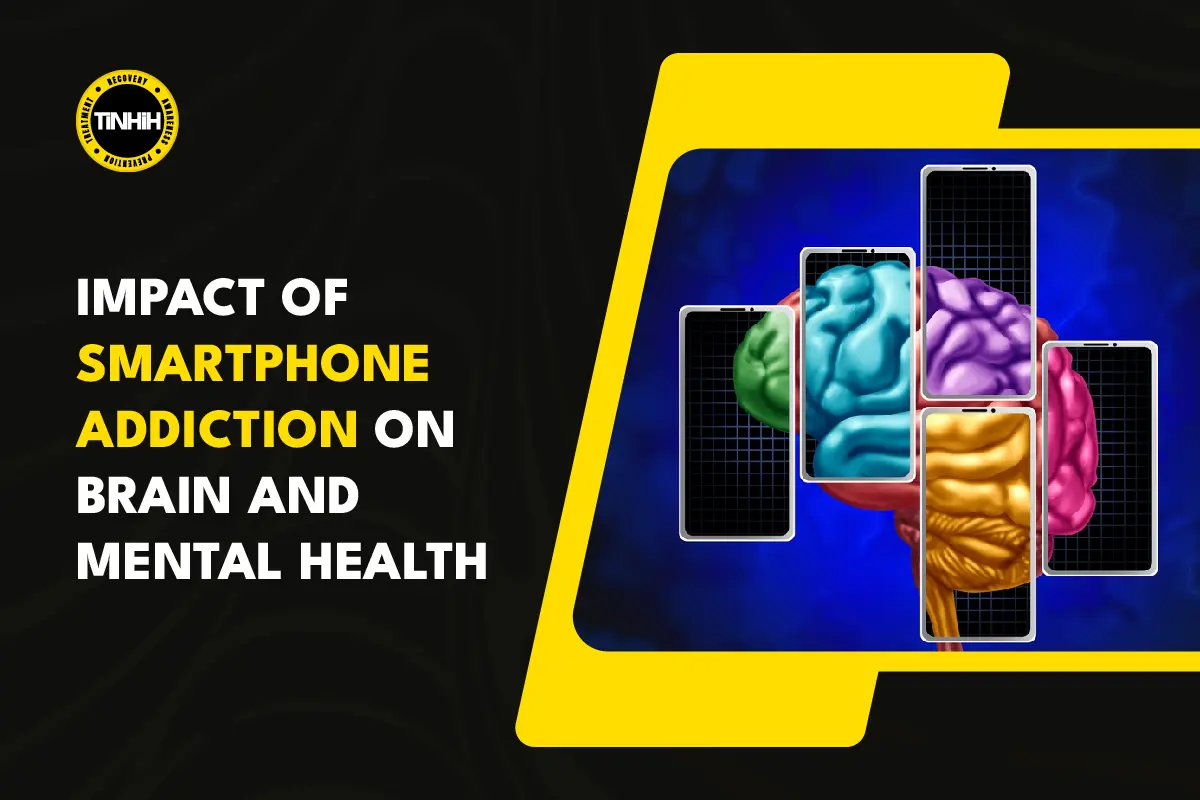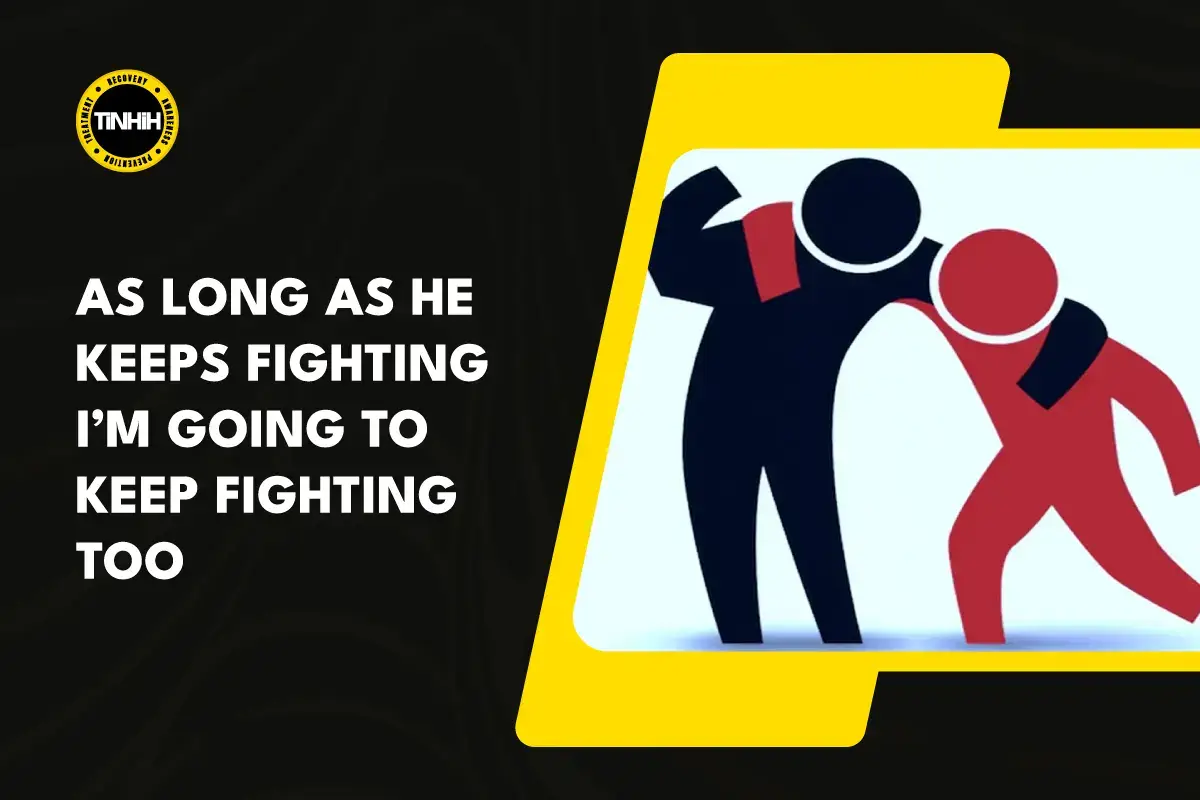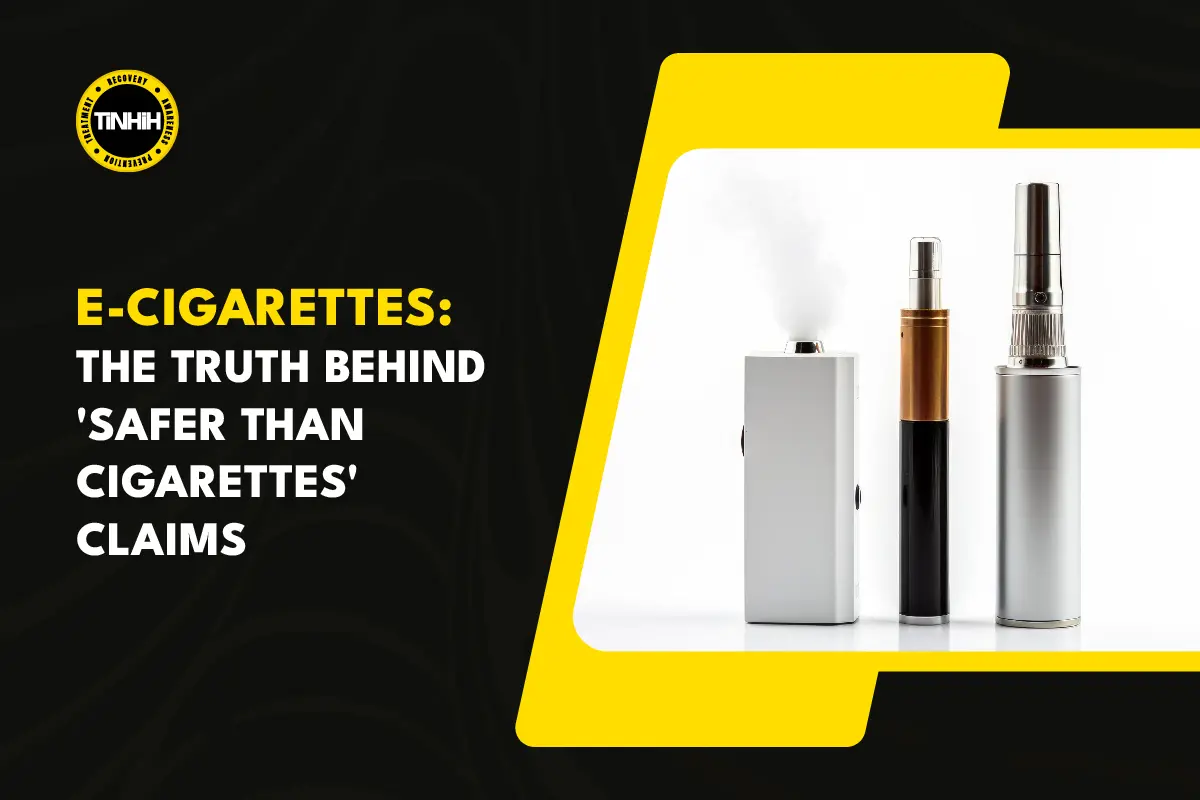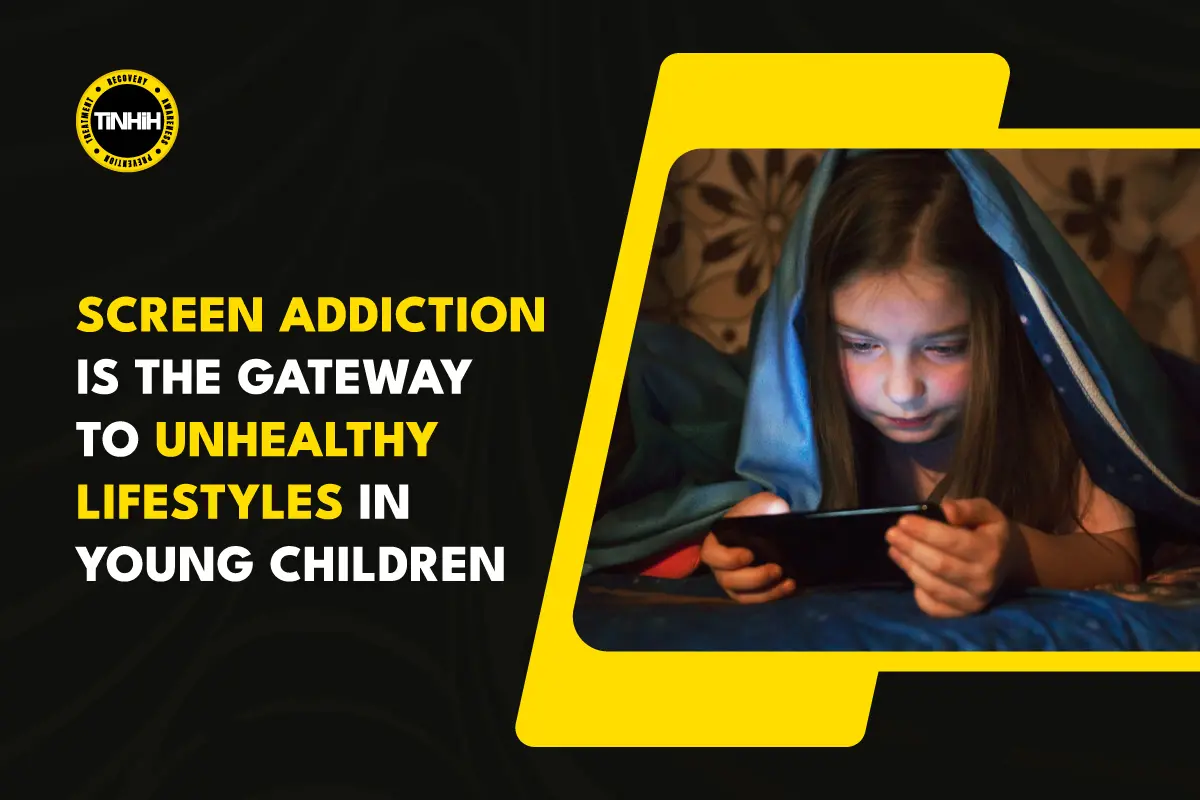
“As Long as He Keeps Fighting I’m Going to Keep Fighting Too”

Addiction is one of those diseases that affects not only the person with the disease, but all the people around the person with the disease. Due to this, a common question often arises when I work with the loved ones of someone with addiction. It’s the challenging, heart-wrenching question of, “Where do I draw the line between support and enabling?” Loved ones want to help the person they care about, but because addiction is selfish and hijacks the brain of the sufferer, it can be incredibly difficult to know when support is actually crossing over into feeding the addiction.
I struggle with answering that question. Every case is different, and there’s a paper-thin line between draining yourself empty supporting someone with addiction and also withholding support and love from someone with addiction.
But the universe works in incredible ways, and last week while working with a parent at my school I finally heard a concrete answer to that question.
It was after a difficult school day!
A parent and I were discussing the obstacles that a teenage student was facing. This particular teenager was juggling a lot of different struggles at once, and the parent clearly cared deeply but was having moments of doubt and desperation. Finally, after multiple conversations, the parent got very blunt and whispered some words straight from the heart. They replied to me,
“As long as he keeps fighting I’m going to keep fighting too.”
That’s it.
That’s the line.
If your loved one with addiction is still fighting, then if you want to support them you keep fighting too. That doesn’t mean it’s easy, and that doesn’t mean there won’t still be muddy moments where lines aren’t clear, but that is by far the best universal piece of advice I could give to someone who loves someone suffering with addiction.
There may be relapses; there may be setbacks. That’s a part of the healing process. But if the person with addiction is seeking help (this could be through sober livings, therapy, meetings, religious organizations, or even seeking out support from healthy mentors and peers) then you pick up your sword too.
There is nothing more disheartening to someone with addiction than to see their loved ones give up the fight when they still want to keep battling. Someone with addiction already has a dark monster in their mind that is constantly telling them to give up. Addiction constantly tries to break down a sufferer’s will, and it tries to convince that sufferer that they aren’t strong enough to live without their substance. A helpful way to visualize addiction is like a parasite. It can only thrive when it has control over a host, and what better way to control a host than to isolate it from the healthy aspects of its environment?
If the person you love is still trying to battle that parasite then you can (and in my opinion should) support them. It is when the person with the addiction no longer is fighting that you may need to put up loving boundaries. The miserable reality is that only the person with the parasite can ultimately take the steps to rid themselves of that parasite, so your role is to be ready to battle when they are as well.
If you or someone you love is struggling with addiction TINHIH can point you to resources to support you. Hopefully this article is a first step in identifying the lines on which to build boundaries, and then through groups, therapy, and mentor conversations, you can continue to build those boundaries in a way that is helpful for everyone affected by the addiction.





